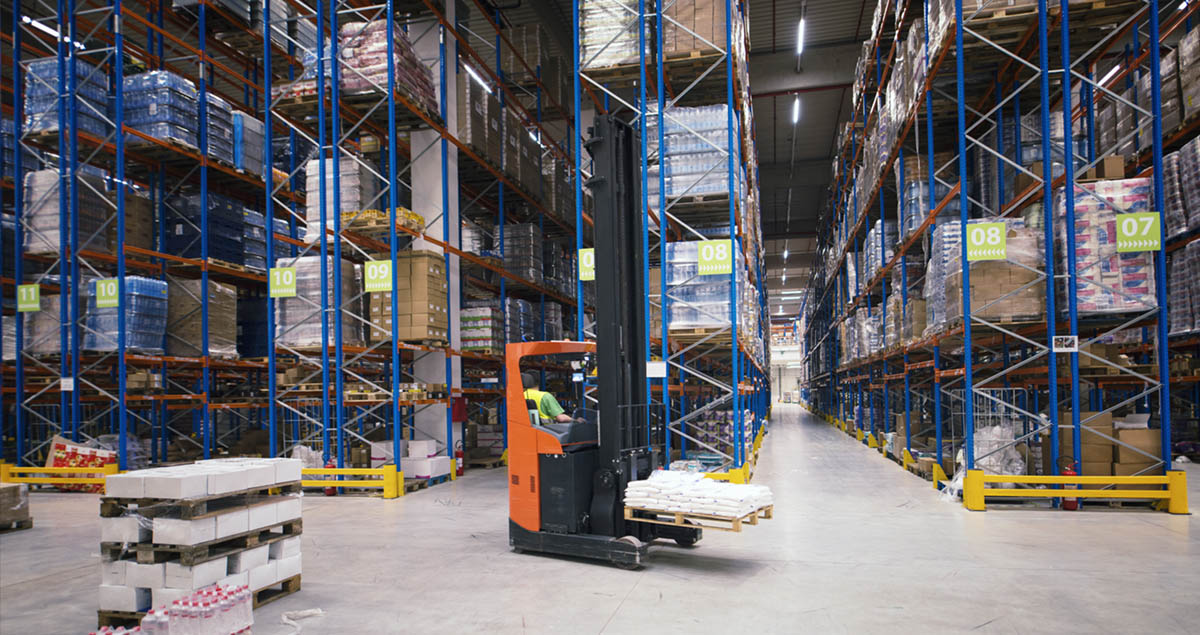
in depth
In-depth Analysis
Key issues
Logistics plays a critical role in the economic development of any region, and Africa is no exception. With a diverse geography and a variety of infrastructural challenges, efficient supply chain management becomes a key element to enhance sustainable growth on the African continent.
Infrastructural Challenges:
One of the biggest challenges facing logistics in Africa is limited infrastructure. Road, port and rail networks often do not meet international standards, making it difficult to transport goods efficiently. This problem is exacerbated in remote regions where connectivity is even more precarious.
The lack of modern technology in some logistics sectors also contributes to inefficiency. The adoption of IT-based inventory tracking and management systems can make a big difference, but their implementation is hampered by a lack of resources and training.
Emerging Opportunities:
Despite the challenges, Africa presents significant opportunities in logistics. Steady economic growth in several regions has led to an increase in demand for logistics services. Investments in infrastructure are underway, with projects seeking to improve connectivity both domestically and internationally.
In addition, intra-African trade is experiencing an increase, creating a need for efficient logistics solutions. Companies that can adapt to the diversity of African markets and offer customised logistics solutions have the potential to thrive.
Sustainability and Logistics:
Sustainability is another key factor that is gaining prominence in African logistics. Given the continent’s natural wealth, there is a growing interest in developing supply chains that minimise environmental impact. The introduction of sustainable logistics practices not only contributes to the preservation of the environment, but can also generate competitive advantages for companies that adopt these initiatives.
Collaboration and Future Perspectives:
Collaboration between governments, the private sector and international organisations is essential to overcome Africa’s logistics challenges. Investment in capacity building and technology, coupled with long-term strategic planning, can pave the way for more efficient and sustainable logistics across the continent.
In conclusion, logistics in Africa faces significant challenges, but it is also full of opportunities. As the continent moves towards greater economic integration and development, optimising supply chains will play a crucial role in the region’s continued success.
continue reading
Related Posts
In the complex and dynamic industrial reality, worker safety is a non-negotiable...
Africa, with its rich geological diversity, presents itself as a continent full of...
Logistics plays a critical role in the economic development of any region, and Africa...




